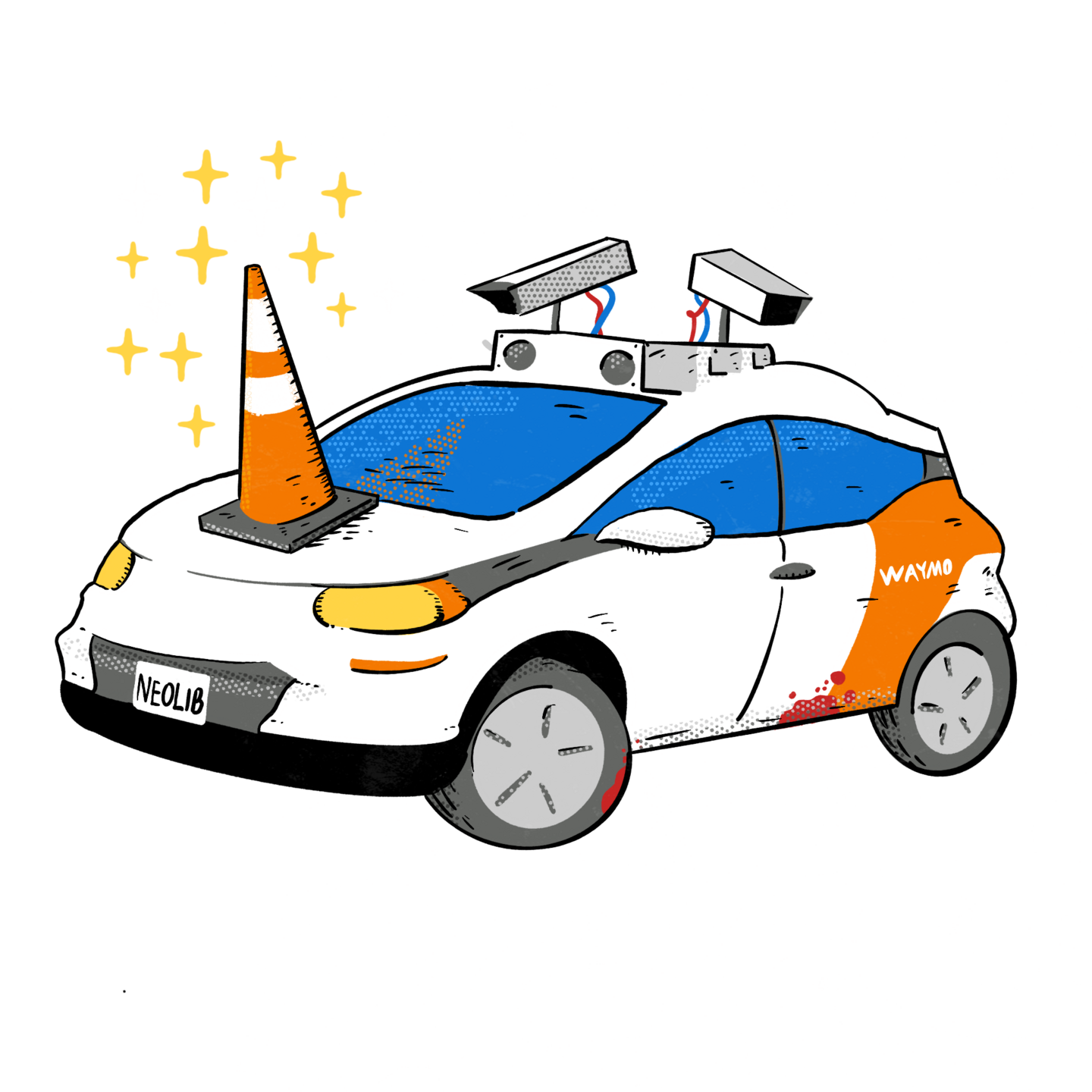
SF Examiner – San Francisco balks at Cruise settlement offer
Original article by Troy Wolverton from SF Examiner
San Francisco is objecting to Cruise’s proposal to end the California Public Utilities Commission proceeding looking into how the company responded to an accident last fall involving one of the company’s self-driving cars.
Saying that reports commissioned by Cruise “do not represent an accurate or complete accounting of the incident or the post-crash events,” city attorney David Chiu, in a letter to the commission Thursday, urged the CPUC to reject the company’s settlement offer.
The commission should either conduct its own investigation or go ahead with a previously planned but now postponed hearing that would force Cruise to show why it shouldn’t be sanctioned by the CPUC, Chiu said in the letter, which he wrote on behalf of the San Francisco Municipal Transportation Agency.
“San Francisco does not support approval of the proposed settlement as submitted,” he said. “Adopting the Proposed Settlement at this time,” he continued, “would not be reasonable or in the public interest.”
Cruise spokeswoman Hannah Lindow declined to comment directly on the objections raised by Chiu.
“We are committed to working in partnership with the CPUC, other regulators and government agencies to improve transportation safety in support of a shared goal –– providing better, safer and more accessible transportation to the public in our communities,” Lindow said in an emailed statement. She continued: “We are committed to resolving matters to the Commission’s satisfaction as we work to restore regulatory and public trust.”
The CPUC launched its proceeding last fall in the wake of an accident in October involving a Cruise autonomous vehicle. In that incident, a woman who was hit by a hit-and-run driver was subsequently run over by the trailing Cruise vehicle and dragged 20 feet.
As detailed in a report by San Francisco law firm Quinn Emanuel Urquhart & Sullivan on behalf of Cruise, company representatives in meetings with city officials the day after the accident repeatedly failed to alert them that the company’s car had collided with the woman. The company also failed to alert CPUC officials about its vehicle’s role in the accident and didn’t update its public statements to acknowledge that fact.
To settle the proceeding — and avoid potentially harsher sanctions by the commission — Cruise has proposed paying a $75,000 fine into the state’s general fund. It’s also offered to provide the CPUC with the same kinds of collision reports it files with the state Department of Motor Vehicles and the National Highway Traffic Safety Administration. Additionally, it’s offered to report to the CPUC on a monthly basis incidents in which its vehicles end up blocking roads, bike lanes or transit lanes after they cease driving autonomously.
At a hearing on that settlement offer on Feb. 6, Craig Glidden, Cruise’s president and chief administrative officer, offered to up the proposed payment to $112,500 at the urging of Administrative Law Judge Robert Mason III.
But Cruise has yet to update its formal settlement offer with that new amount or to acknowledge within that offer the mistakes company representatives acknowledged at that hearing, Chiu said in his letter. The settlement offer also doesn’t address whether the reports the company is proposing to give the commission will be made publicly available or whether Cruise will provide video and audio data from its vehicles on a regular basis.
Video data can be crucial to determine whether Cruise is accurately describing incidents to regulators, Chui said. Indeed, city officials became aware that the company’s car had struck the woman only from a video provided by Cruise, according to the Quinn Emanuel report.
“In most, if not all cases, complete and accurate video (and audio) offers the best and most easily accessible information about a crash involving a driverless AV,” Chiu said. He continued: “Any settlement agreement should address the standards for making complete and accurate video and audio available to the Commission.”
Moreover, the commission shouldn’t agree to a settlement offer that’s based solely on an accounting of the incident from a report commissioned by Cruise, Chiu said. Although he called into question the accuracy of that report, Chiu didn’t offer any specific problems with it. He did, however, object to the report’s assertion that Cruise representatives dealt with city officials in good faith in their accounting of the crash in its immediate aftermath.
“The Commission should have an opportunity to develop and present its view on the incident and how it may inform understanding of driverless Cruise AV safety and/or Commission policies and procedures,” Chiu said. “The Commission has a clear interest in understanding this incident in order to prevent similar incidents in the future,” he continued.
Weeks after the accident, the DMV suspended Cruise’s autonomous vehicle license. The General Motors-owned company later laid off a quarter of its workforce. Numerous executives also left the company, and co-founder Kyle Vogt resigned as its CEO.
The accident was one of a growing number of incidents involving autonomous vehicles that have heightened concerns about their safety and suitability on city streets. On Feb. 7, for example, a Waymo self-driving car hit a bicyclist in Portrero Hill.
Cruise, which recently hired its first safety officer, denied a report last week that it’s looking to relaunch its robotaxi service in other cities.
